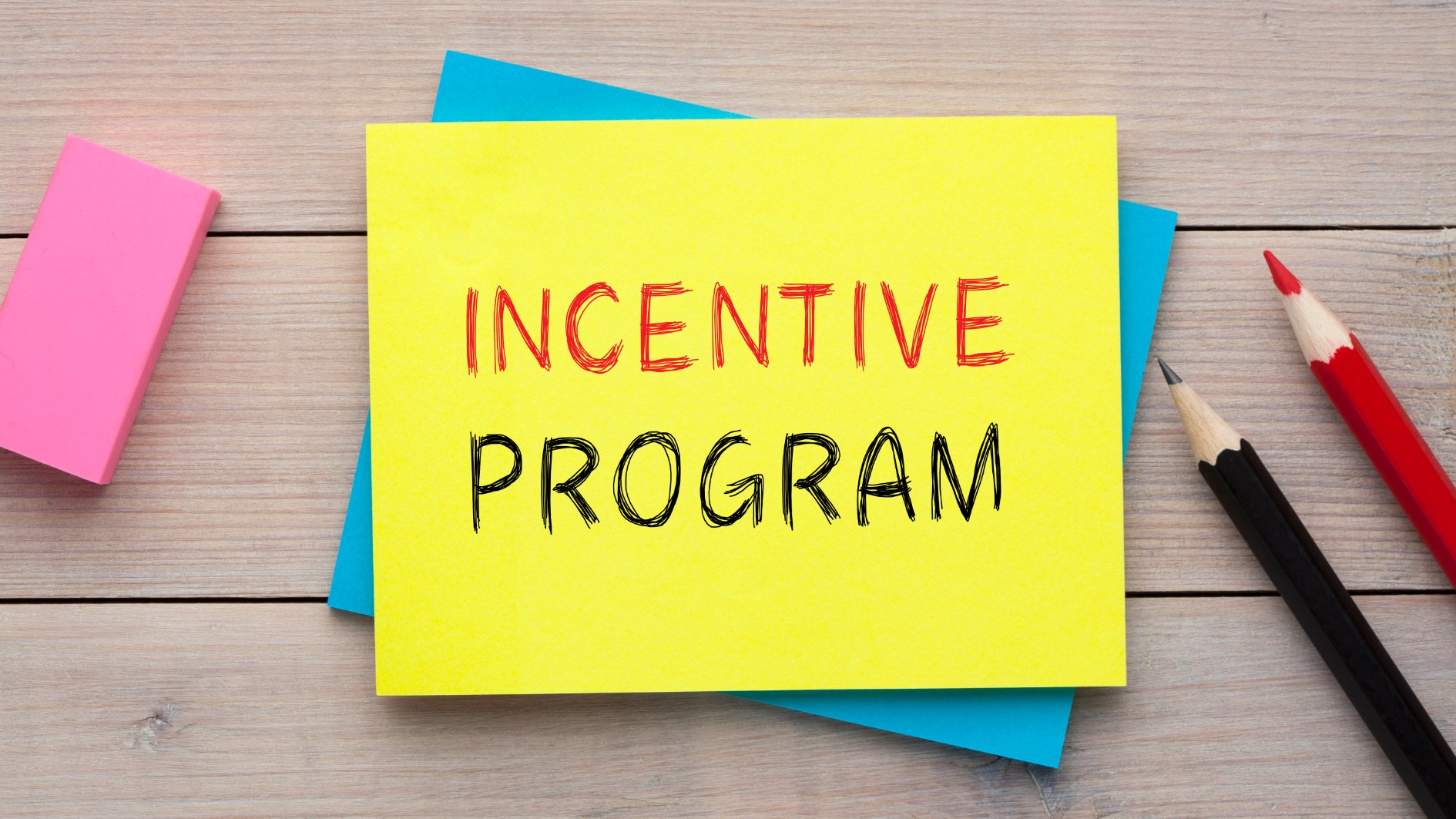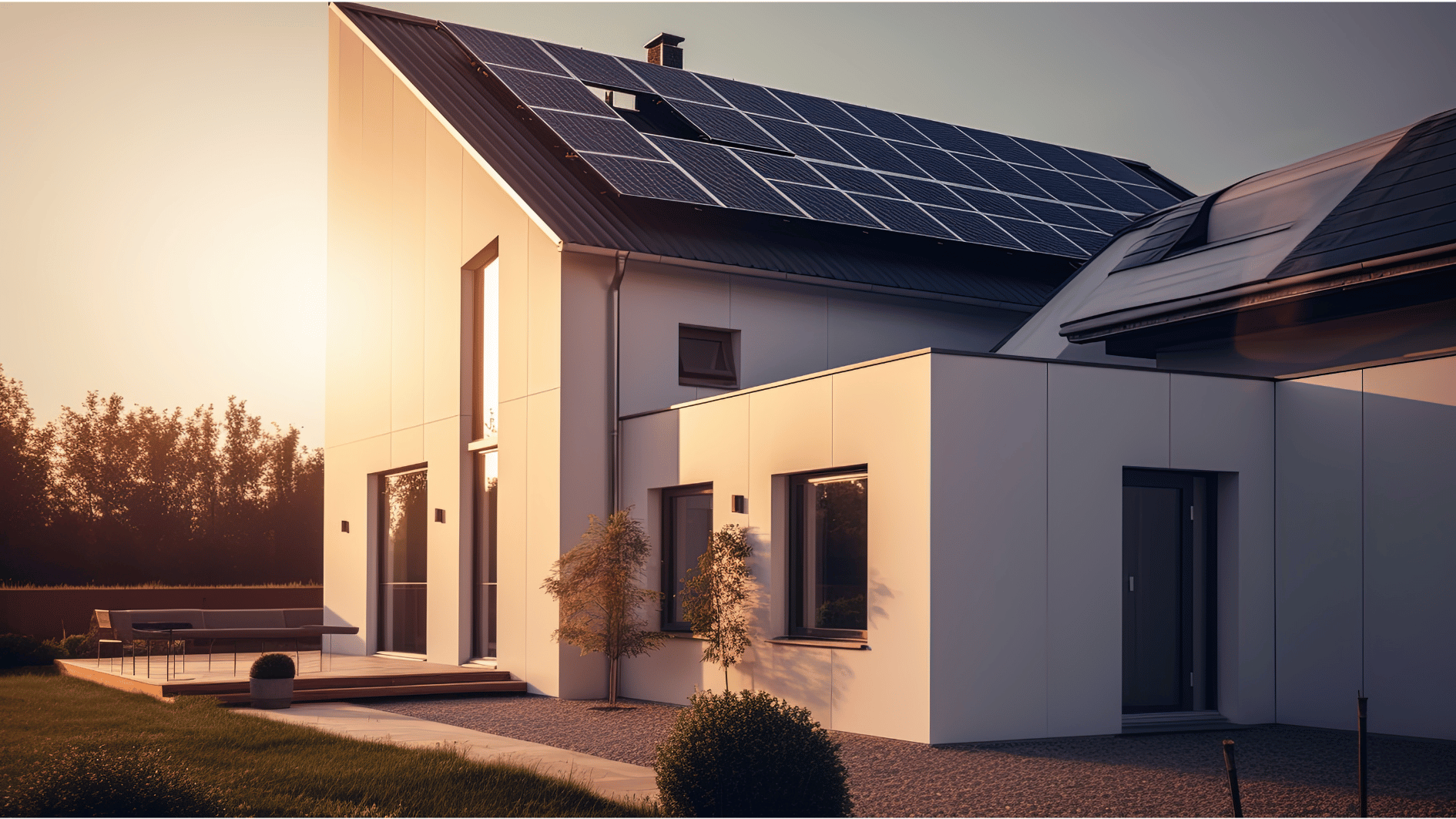Image source: Canva.com
Determining whether solar panels are a good investment in 2025 involves assessing a variety of factors, including financial considerations, technological advancements, and local market conditions. While solar panels continue to offer substantial benefits, such as reducing electricity bills and contributing to environmental sustainability, their value as an investment can vary based on individual circumstances and regional incentives. This analysis will explore the key aspects that influence the profitability of solar panel systems, highlighting why they are generally a worthwhile investment but may not always be the right choice for everyone. Understanding these factors will help you make an informed decision about whether to invest in solar energy this year.
When Investing in Solar Panels Makes Sense
High Electricity Costs
If you live in an area with high electricity rates, solar panels can significantly reduce your monthly utility bills. The savings from generating your own electricity can offset the initial investment and lead to substantial long-term savings.
Strong Solar Incentives
When federal, state, or local incentives are available, they can lower the upfront cost of solar panel installation. These incentives may include tax credits, rebates, or grants that enhance the financial attractiveness of solar energy.
Good Solar Exposure
Properties with ample sunlight exposure throughout the day are ideal for solar panel installations. If your home or business is situated in a location with favorable weather conditions and minimal shading, solar panels can operate efficiently and maximize energy production.
Long-Term Home Ownership
Solar panels are a long-term investment. If you plan to stay in your home for several years, the long-term savings on energy costs and potential increase in property value can make solar panels a worthwhile investment.
Energy Independence Goals
For those interested in reducing dependence on the grid and enhancing energy security, solar panels provide a way to generate your own electricity. This can be particularly valuable in regions with unreliable power supplies or frequent outages.
Rising Property Values
Solar panels can increase the value of your property. Homebuyers are often attracted to properties with lower energy costs and environmentally friendly features, making solar panels a valuable asset when selling your home.
Environmental Concerns
If you are motivated by environmental sustainability, investing in solar panels aligns with reducing your carbon footprint. Solar energy is a clean, renewable resource that helps decrease greenhouse gas emissions and dependence on fossil fuels.
By evaluating these factors, you can determine whether investing in solar panels aligns with your financial goals, energy needs, and personal values.
When Solar Panels May Not Be Worth the Investment
Low Electricity Costs
If you live in an area with relatively low electricity rates, the financial savings from installing solar panels might not justify the initial investment. In such cases, the return on investment could be lower, making solar panels less economically attractive.
Insufficient Sunlight Exposure
Properties with limited sunlight due to shading from trees, buildings, or other obstructions may not be ideal for solar panels. Inadequate sunlight can reduce the efficiency and effectiveness of solar panels, impacting their ability to generate sufficient energy and savings.
Short-Term Residency
If you plan to move or sell your home within a few years, the benefits of solar panels might not be realized before you relocate. The initial cost and potential disruption of installation may outweigh the short-term savings you would achieve.
High Installation Costs
In some cases, the cost of installing solar panels can be prohibitively high, especially if you need extensive system upgrades or have a complex installation site. If the costs outweigh the potential savings, it may not be a worthwhile investment.
Low Property Value
If your property is in a market where home values are not expected to increase or if the local real estate market does not favor energy-efficient features, the potential increase in property value from solar panels may be minimal.
Limited Incentives
The financial benefits of solar panels are often enhanced by incentives such as tax credits and rebates. If these incentives are unavailable or significantly reduced in your area, the overall financial benefits may be diminished.
Maintenance and Repair Concerns
Solar panels require maintenance and occasional repairs. If you’re not prepared for these ongoing responsibilities or if local service options are limited, the convenience and benefits of solar panels may be reduced.
Outdated Technology
If your home’s electrical system or roofing is outdated and requires significant upgrades to accommodate solar panels, the additional costs and complexities might outweigh the benefits of installing a solar system.
Assessing these factors can help determine whether solar panels are a suitable investment based on your specific circumstances and financial goals.
What Are Your Potential Savings with Solar?
Solar energy is a long-term investment that requires patience before seeing a return. To make an informed decision, it’s crucial to understand your potential savings. A typical 6 kW solar panel system can save you around $1,500 a year on electricity bills, no matter where you live in the country. With electricity prices at an all-time high, homeowners who go solar today can enjoy the biggest savings in decades!
Factors that impact your solar savings:
Solar Installation Cost
As solar technology advances, installation costs may decrease further, but solar panels are currently a significant investment. Key factors affecting your solar costs and savings include:

- System size: Larger systems with more panels generally cost more but produce more energy. Your electricity usage will determine the system size needed.
- Equipment: Investing in high-quality solar equipment often leads to greater long-term savings compared to cheaper alternatives.
- Roof characteristics: Ideal solar conditions include a south-facing roof with a 30-degree slope. Even if your roof isn’t perfect, solar panels can still be beneficial, though savings may be reduced.
- Labor: Installer prices vary, and higher costs may be associated with better labor warranties and skill levels.
- Location: Solar panel prices vary by state. Warmer states generally have lower prices per watt ($/W), while colder states may have higher costs, though this is not always the case.
Current Electricity Costs
Your current electricity rate affects how much you can save with solar. By reducing or eliminating your monthly electricity bill, the amount you pay for electricity impacts your overall savings. Rates vary widely; for example, the South may charge less than 15 cents per kilowatt-hour (kWh), while the Northeast could charge 25 cents or more.
Available Rebates and Incentives
Solar rebates and incentives, such as the Clean Electricity Investment Credit (former ITC), net metering, and state and local incentives like solar renewable energy certificates (SRECs) and performance-based incentives (PBIs), can significantly reduce your total solar costs and even provide monthly savings.

Key Solar Incentives in the U.S. You Should Know
Plans to Sell Your Home
It typically takes about eight years to break even on your solar investment. If you plan to move before reaching this point, a solar system might not be the best option. Consider community solar as an alternative. However, solar panels can increase your home’s value by about 4%, though leasing solar panels can complicate selling your home due to long-term contracts.
How You Finance Your Solar System
Your financing choice affects your savings:

- Cash Purchase: Paying upfront generally provides the highest savings.
- Solar Loan: This option often requires no initial payment, allows you to own the system, and still qualify for incentives.
- Solar Lease/PPA: These require no upfront payment and offer maintenance-free options but usually result in lower savings (10-30% of your utility bill) and you won’t own the panels when the contract ends.
Understanding these factors will help you estimate your potential savings and determine if solar is a viable option for you.





